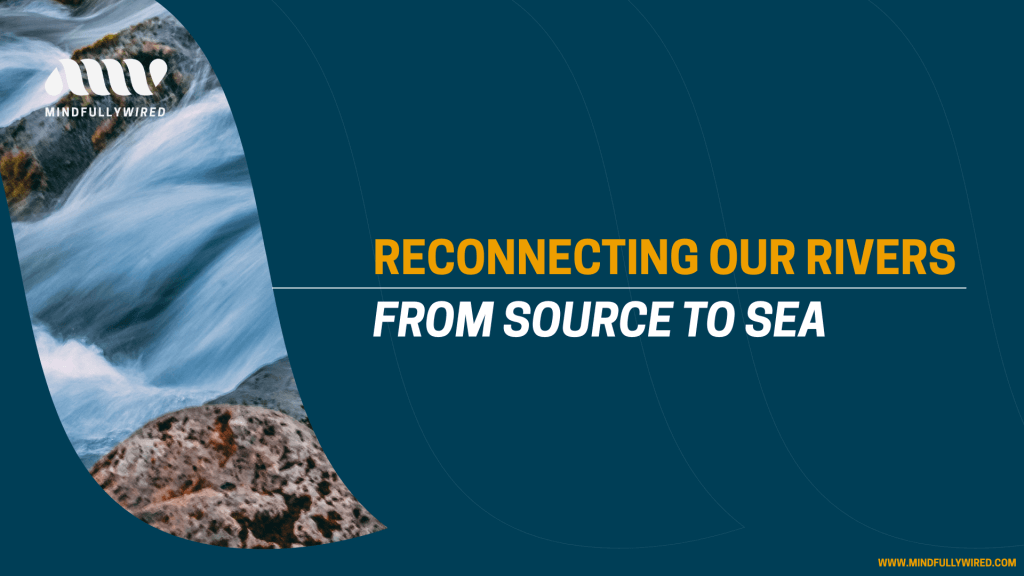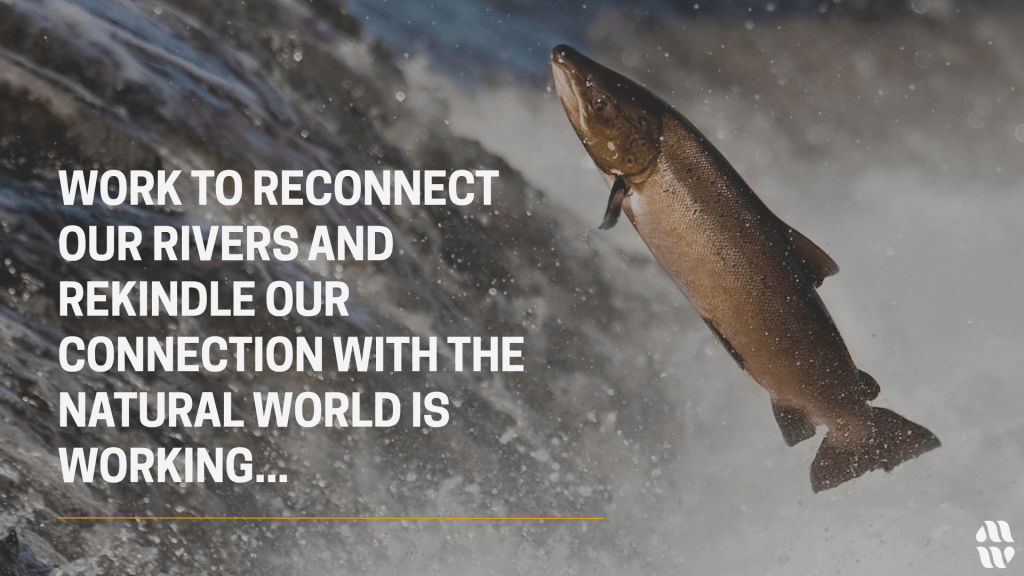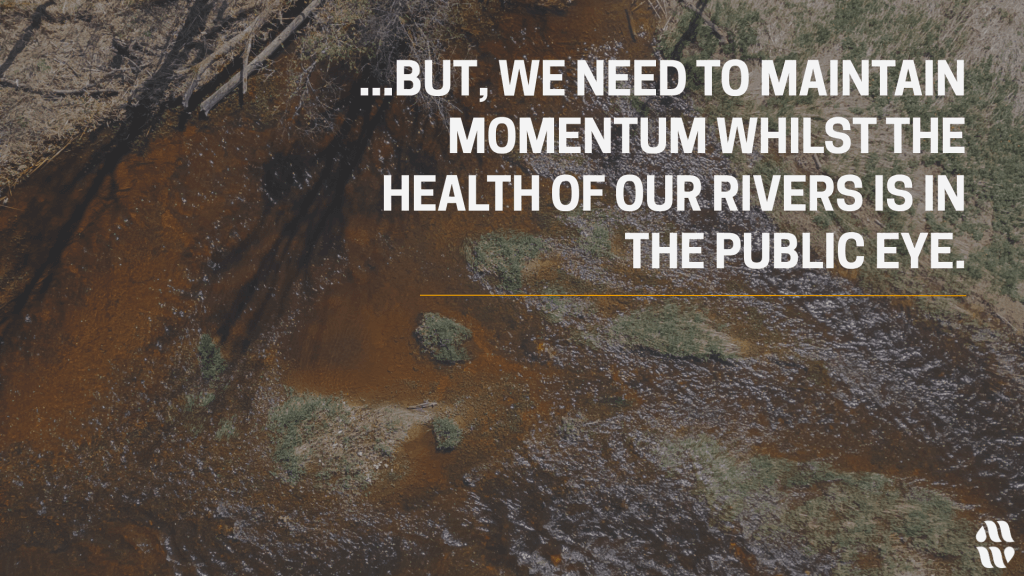Thoughts from Benedict Wilson, Senior Science and Policy Consultant, on the Institute of Fisheries Management Conference 2025
17 October 2025

Having recently attended the Institute of Fisheries Management (IFM) conference on ‘Conserving UK fish habitats in a changing environment,’ we bring you the latest from the world of UK rivers, and the conservation of much-loved migratory species such as salmon and trout, and the lesser-known freshwater cod – the burbot.
The River Avon, Frome, Nidd, Lune, Severn, Itchin, Dart, Dee, Humber, Tee, Teme, Thames, Wye, and Usk – to name just a few of the UK’s famous rivers – are all facing a myriad of pressures. For many of our readers, the poor state of UK rivers will not come as news. Our rivers have been facing conservation challenges for decades. Currently, water pollution and water quality regulation are high on the media and political agenda, and there is a growing public consciousness about the state of our rivers. Our river systems also face threats from physical modification and climate change, both of which impact the connectivity of habitats and the ability of fish to move.
Tough by design, fish can endure a lot. Migratory species such as Atlantic salmon, sea trout, burbot, and eels go to extreme lengths to make the journey up river to spawn. A determined few make it past the weirs and man-made obstacles on their near-impossible assault course to reproduce. Once hatched, the journey for species such as salmon has only just begun. With record temperatures and little rain in 2025, UK rivers have been hotter and drier than average. Scientists are demystifying where parrs (juvenile salmon) are growing up, and awaiting the run of the smolts – young salmon now ready for the sea – as they head downriver. By tagging these smolts, researchers can monitor how many make it to sea, and how climate change and its impact on rising river temperatures and flow is impacting migratory fish runs.
However, they need help. We need to reconnect our rivers, and take concerted action to remove or adapt the barriers, such as old redundant weirs in their way. For fish, their migratory journey is a marathon, not a sprint; they need space to rest, and to take refuge in slow-flowing pools and offshoots of the main river. River Trusts across the breadth of the UK are working to rehabilitate our rivers, restore habitats, and provide safe haven for beloved species. We heard from the team at Natural Resources Wales as to how they have traced the lengths of the whole of the Welsh water course and identified all of the human-made barriers to the survival of migratory salmon and sea trout. As a result, habitat connectivity is being improved and fish corridors are being put in place across Wales. On the other side of the UK scientists are monitoring the return of cod’s inland relative, the burbot, to the water courses of East England. But the key question is: Can they survive increasing river temperatures under climate change?
Caring for and conserving thriving and clean rivers not only supports these iconic fish, but also brings societal benefits in terms of improved public health, and provision of beautiful, wild space for all society. Reconnecting with our waterways and blue spaces can boost our well-being in more ways than one.
Optimistically, a key theme emerging from the conference is that there are signs of hope. Work to reconnect our rivers, and our societal relation to wild spaces is working. Fish not seen in rivers for decades are re-appearing. However, progress is slow, and there is an urgent need to maintain momentum whilst the topic of the health of our rivers is in the public eye, and continue to rekindle our connection to nature.

